What Is Mouth Cancer?
Mouth cancer, also known as oral cancer, refers to the abnormal growth of cells anywhere in the oral cavity. This can include the lips, tongue, cheeks, gums, the floor and roof of the mouth, and even the throat area.
In its early stages, oral cancer might resemble common mouth issues such as white or red patches, persistent sores, or bleeding spots. However, if left untreated, it can progress aggressively and spread to nearby areas like the throat, jaw, and even other parts of the head and neck.
A specific region called the oropharynx—which includes the back of the tongue, tonsils, soft palate, and the middle part of the throat—is also susceptible to this type of cancer. This makes early detection and diagnosis critical.
Incorporating Ayurvedic treatment for oral cancer can be a supportive and holistic approach. It focuses on balancing the body’s energies, using herbal remedies, detoxification, dietary adjustments, and lifestyle modifications to manage symptoms and promote healing.
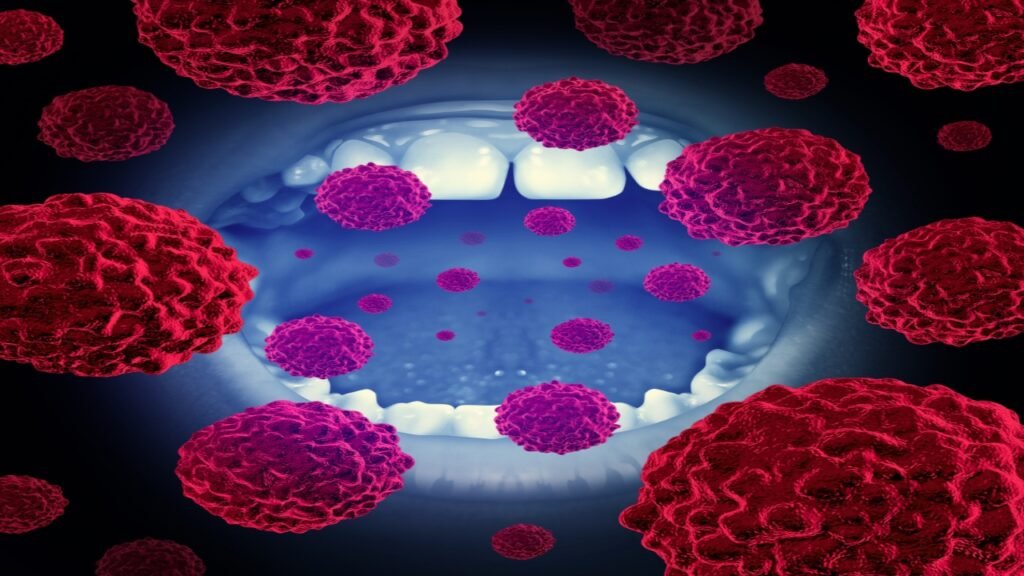
Causes and Risk Factors of Mouth Cancer
Mouth cancer, also known as oral cancer, typically begins in the squamous epithelial cells that line the inside of the mouth. These cells are thin, flat, and resemble fish scales under a microscope. When the DNA within these cells becomes damaged, it can lead to abnormal cell growth. As these mutated cells begin to multiply uncontrollably, they can form a tumor, which may eventually spread to other parts of the mouth, head, neck, or even distant organs.
Key Risk Factors for Mouth Cancer
Several lifestyle and environmental factors can increase the likelihood of developing mouth cancer. Some of the most common include:
Tobacco Use: Smoking cigarettes, cigars, or pipes, as well as chewing tobacco, significantly increases the risk of oral cancer.
Excessive Alcohol Consumption: Regular and heavy alcohol intake can irritate the mucous membranes in the mouth, increasing vulnerability to cancer.
Prolonged Sun Exposure: Spending extended periods in the sun without protecting your lips can raise the risk of lip cancer. Using a lip balm with SPF can help reduce this risk.
HPV Infection: Human papillomavirus (HPV), particularly HPV-16, has been linked to an increased risk of oral and oropharyngeal cancers.
Family History: A family history of oral cancer or other types of cancer may increase your genetic predisposition.
Understanding these causes and risk factors can help in taking proactive steps toward prevention and early detection of mouth cancer.
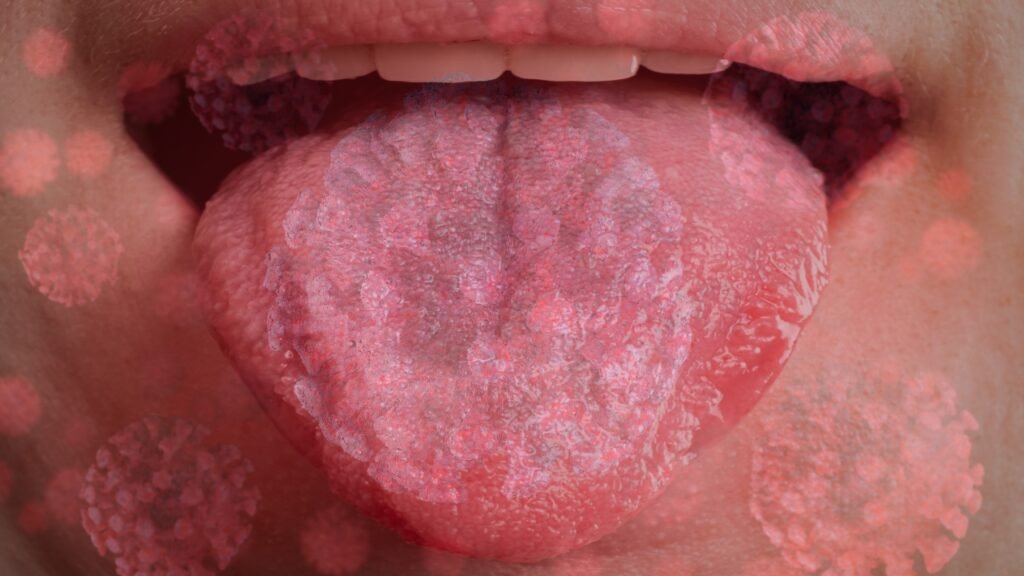
Understanding the Causes and Risk Factors of Mouth Cancer
Mouth cancer, or oral cancer, is a serious condition that can affect any part of the oral cavity—including the lips, tongue, cheeks, and the floor or roof of the mouth. It often starts in the squamous epithelial cells, which are thin, flat cells that line the surface of the mouth. Under normal conditions, these cells function properly, but when their DNA is damaged—due to various internal or external factors—they can begin to grow uncontrollably, forming cancerous tumors. If left untreated, this cancer can spread to nearby areas like the throat, neck, and even distant organs.
Common Risk Factors That May Lead to Mouth Cancer
The development of mouth cancer is closely tied to a combination of lifestyle choices, viral infections, and genetic influences. Here are some major risk factors:
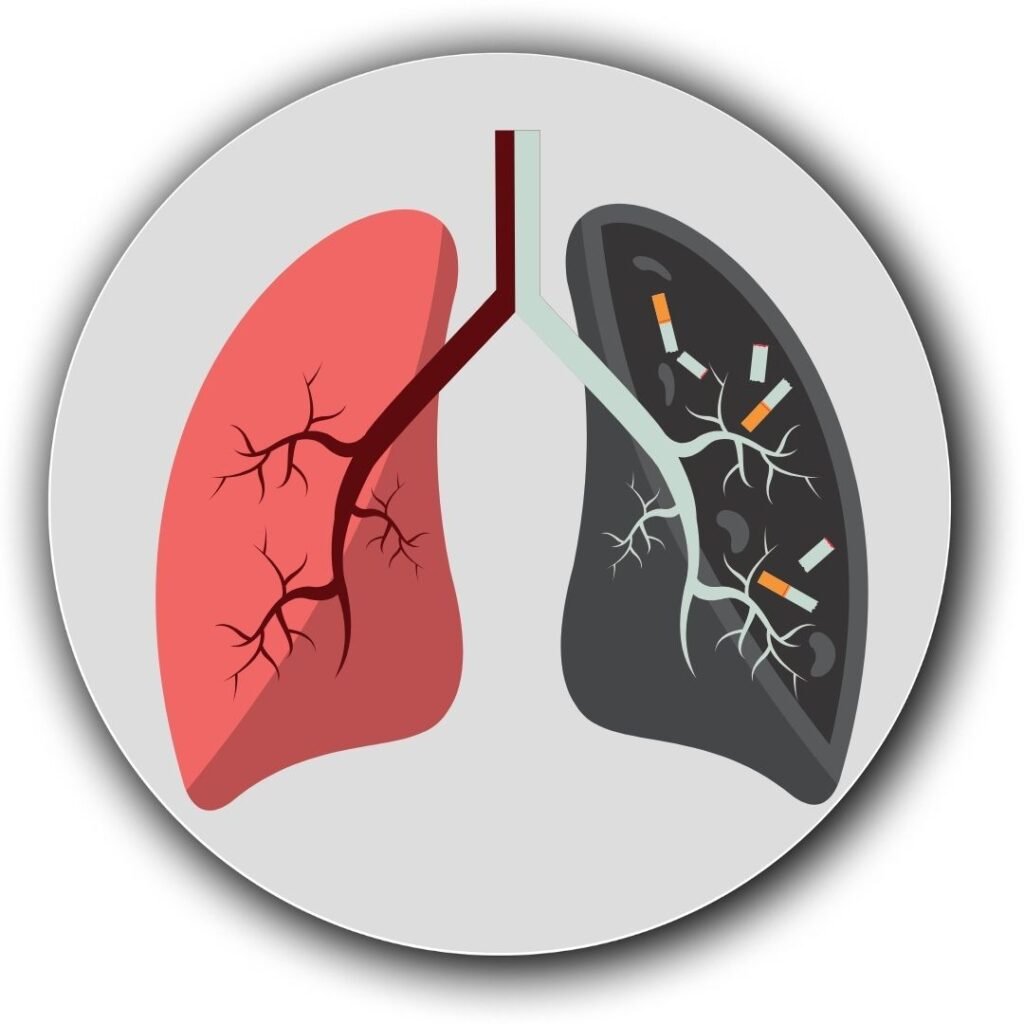
Tobacco Use
Whether it’s smoking cigarettes, cigars, pipes, or using smokeless tobacco (like gutka or betel quid), tobacco is one of the most significant contributors to oral cancer. Long-term exposure to the harmful chemicals in tobacco damages the cells lining the mouth.

Heavy Alcohol Consumption
Excessive and frequent alcohol use increases the risk of mouth cancer, especially when combined with tobacco. Alcohol irritates the mucosal lining, making it more vulnerable to carcinogens.
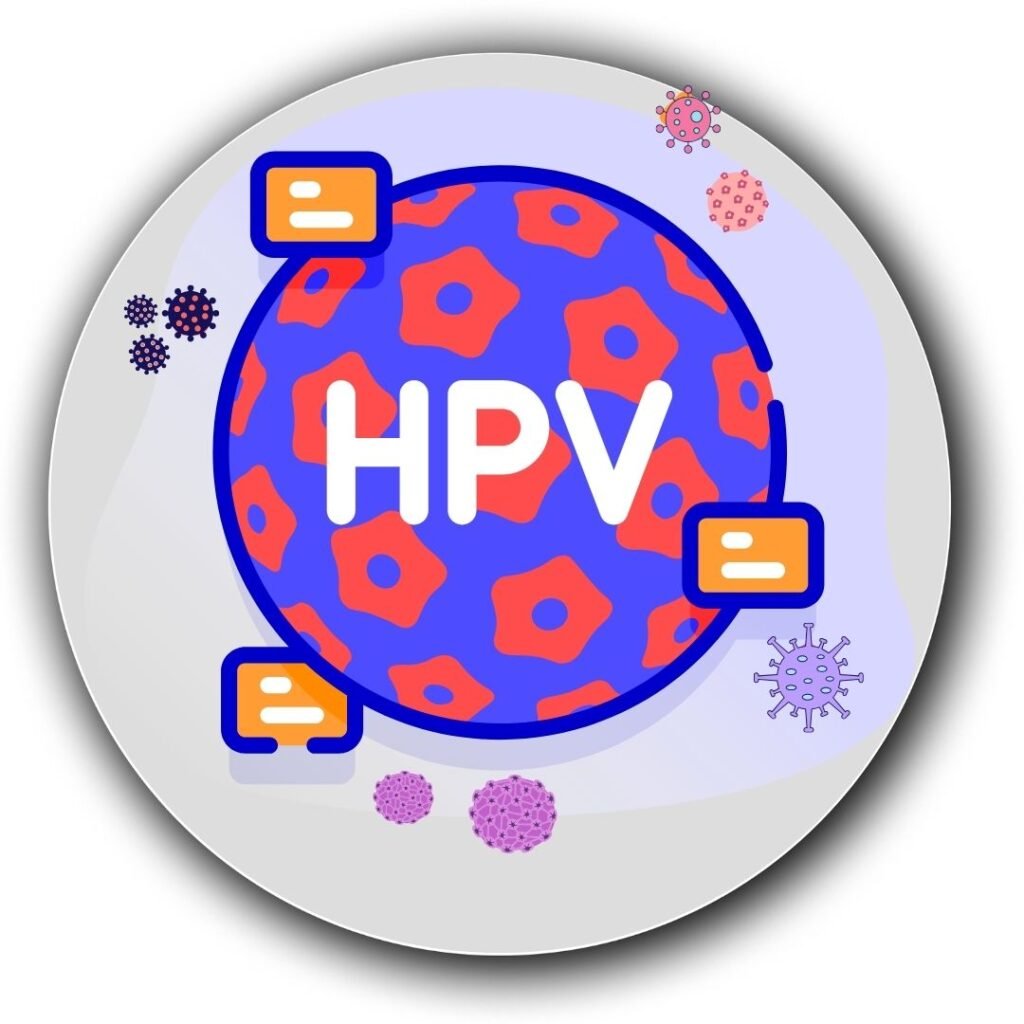
Human Papillomavirus (HPV) Infection
Certain strains of HPV, especially HPV-16, have been strongly linked to cancers in the oropharyngeal region (back of the throat, base of the tongue, and tonsils). This infection is typically transmitted through intimate contact.
Possible Complications After Mouth Cancer Treatment
Mouth cancer treatment, while often effective, can lead to a range of complications that affect a patient’s physical health, emotional wellbeing, and quality of life. These complications may arise during treatment or develop later as long-term side effects.
A New Approach to Cancer Healing
Healing at Raghavan Cancer Care
At Raghavan Cancer Care, treatment goes beyond just managing cancer — it’s a complete journey toward physical, emotional, and spiritual wellness.

Metabolic Healing
Dr. Raghavan follows a powerful method inspired by Dr. Thomas Seyfried, focusing on the unique way cancer cells use energy. By supporting the body through special approaches like a ketogenic diet, this method offers a fresh direction in cancer care rooted in metabolic understanding.

Mind-Body Balance
Taking inspiration from Dr. Joseph Mercola, our care also emphasizes the deep link between the mind, body, and spirit. At Raghavan Cancer Care, we believe that emotional and spiritual support is just as important as physical treatment in the healing process.

Food as Medicine
Dr. Wallach’s nutritional guidance has shaped our strong focus on diet. We promote clean, nutrient-rich meals and personalized nutrition plans to help strengthen the body and support recovery naturally.
